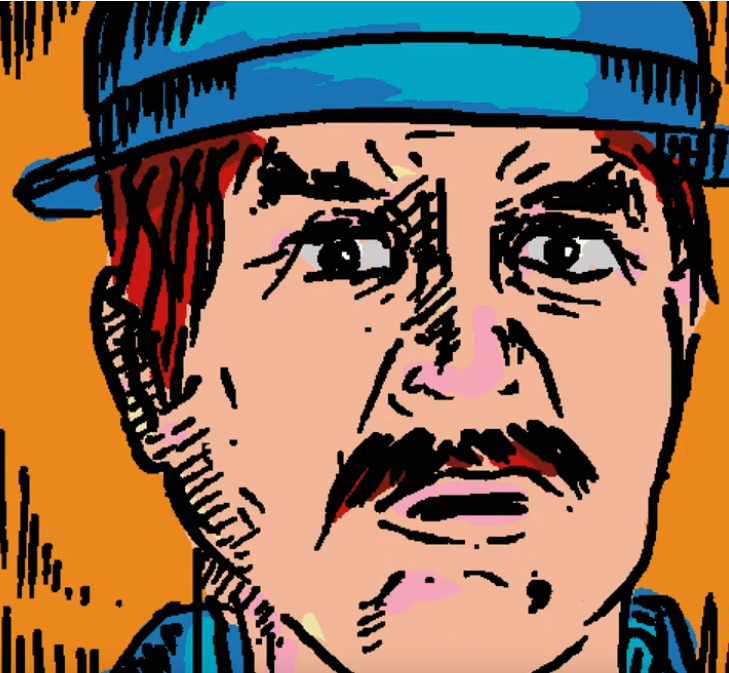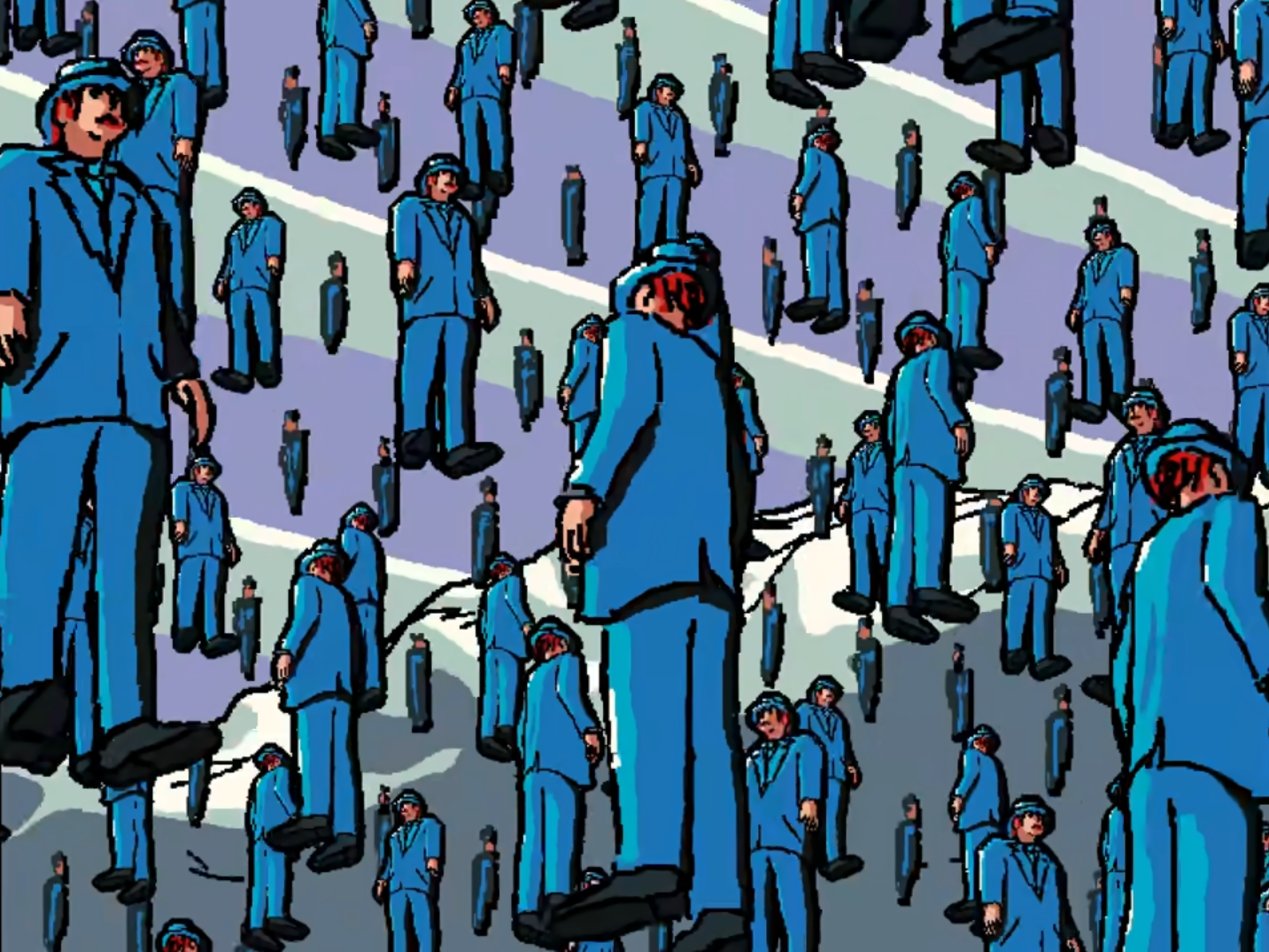
More worlds outside your experience exist than you can imagine.
Just because you’re bored doesn’t imply a larger social trend. Leave your comfort zone.

Great way to put it. There’s a whole world of so many different cultures out there. As an American I can kind of agree that American “culture” may feel stagnated, but there’s so much more out there.

I feel the opposite. American culture mutates and evolves at such a rapid pace.
So many other countries have rigid social norms and identities. U.S. is like, idgaf, here is everything evolving everywhere all at once.
Partially this also causes/is caused by our massive cultural divisions across the country. For better or for worse, that is just how America is.

Excellent perspective, it’s a wide place with plenty to see, some strange and wonderful. Always more to learn.
That’s why I’m asking.

Yes and no. I generally believe that risk-aversion is a very risky strategy. The greatest threat facing the world is bean-counting MBAs, and they’re doing their damndest to destroy culture for the sake of risk minimization.
On the other hand, check this out.
What the fuck is this… I both love and hate it. it’s amazing.


When you see him, are you fearful? Are you scared? If you’re not, you’ve been fooled. When you see him, what do you feel?

This youtube channel will occupy my entire brain capacity for awhile…

At least you won’t be feeling stagnant, for a while. But I’ll answer your question more completely.
Various things have been discovered that have allowed a certain amount of automation in storytelling, but one thing that can’t be automated is passion. By automation I’m not talking about “artificial intelligence,” I’m talking about—what programmers call “tooling.” Movies nowadays are almost always visually stunning, and that’s because of algorithmic work in light and shading, character animation, hair simulation. Similarly, there’s also a “canonical story” you can read about in a book called Invisible Ink.
The canonical story doesn’t tell you how to write dialog, and not surprisingly, dialog has become incredibly weak. On one hand you have capeshit, where characters talk in quips, and on the other The Rings of Power, where everyone talks in weird, deep-sounding non sequitors.
This is what I mean by risk aversion. A lot of beautiful graphics conveying nothing. A lot of electricity used to run computers for no reason at all. This is all very expensive, and expenses have to be justified with spreadsheets.
There are still good things out there, there’s still passion in the world. It’s just getting harder to find.
Thank you so much for showing me this. I’ve always had a hard time describing everything looking the same, sounding the same, feeling the same. With Execs trying to push AI into storytelling it’s just going to be more of the same.

And while there’s a lot of technical nuance to this, deep learning is nothing more or less than random recombination of its input. The difference between GPT-2, GPT-3, and GPT-4 is how the randomness is conditioned, but it doesn’t change the core fact: trying to use deep learning for storytelling would be the greatest breakthrough in cultural stagnation that the world has ever seen.

Umami!!! 🫛

Not particularly! I just walked through the gay district yesterday and was so happy to see everyone out and about. Couples on the sidewalks holding hands, strange art and murals covering everything, families and friends out in the park, a band playing for people informally down by the water features, skateboarders using the hell out of the skatepark while a homeless woman rambles on about conspiracy theories to skater boys…the works. Everyone had their place, and everything felt unique, not bland and faceless.
On the way back home, I was listening to artists from the 2010s thinking "damn, they really did have some bangers. I could see my kids being shocked when I told them I saw Rihanna perform live back in the early 10s.
Culture is constantly eating and renewing itself. There’s a lot of cultural noise in the moment, which clears up the further you get from it. It’s why a lot of old SNL skits aren’t funny if they are commenting on what happened that week, because you aren’t in the noise of that decade anymore.
